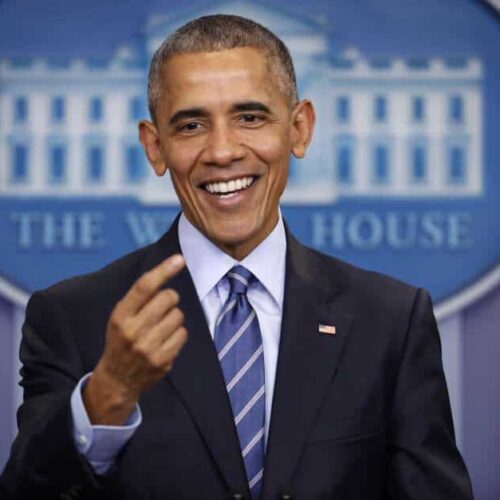Introduction
President-elect Donald Trump has begun nominating the people who he wants to represent U.S. interests abroad.
But even Trump, who despite his “drain the swamp” mantra has been rewarding major campaign donors with prime positions in his cabinet, will find it difficult to match President Barack Obama’s legacy of sending top political patrons to the world’s poshest capital cities, according to a Center for Public Integrity analysis. (The practice has been embraced by Democratic and Republican presidents alike for generations.)
During his second term, Obama named 31 campaign “bundlers” — supporters who raised at least $50,000 to fund his presidential campaigns— as ambassadors. Obama tapped nearly all of these bundlers to serve in Western European nations or other highly developed and stable countries such as Canada and New Zealand.
Another 39 of Obama’s second-term ambassador nominees are political appointees who either gave his campaign money or are known political allies. They, too, largely enjoyed postings to wealthy and peaceful nations — Ireland, Denmark and Australia, for example — or high-profile countries such as China and India.
Career diplomats, meanwhile, largely represent the United States in less developed (and sometimes, more violent) nations, from El Salvador and Haiti in North America to Somalia in Africa to Afghanistan and Pakistan in Asia.
Obama voluntarily identified his biggest campaign bundlers, making it possible to determine whether he was offering them ambassadorships. Trump, however, took what federal law allowed him during his presidential campaign — the ability to keep all his campaign bundlers secret, save for those who are federally registered lobbyists.
Here’s a final, interactive look at Obama’s ambassador-bundlers and other political patrons. Leaked documents indicate the fundraising totals below are likely conservative estimates:
Michael Beckel and Carrie Levine contributed to this report
Read more in Money and Democracy
Money and Democracy
Trump likely to choose millionaire jurist for Supreme Court vacancy
Learn about the financial holdings of the three appellate judges on short list
Money and Democracy
With morale in tatters, Federal Election Commission eyes changes
New ‘ombudsman’ office, better staff training among agency chairman’s proposals



Join the conversation
Show Comments